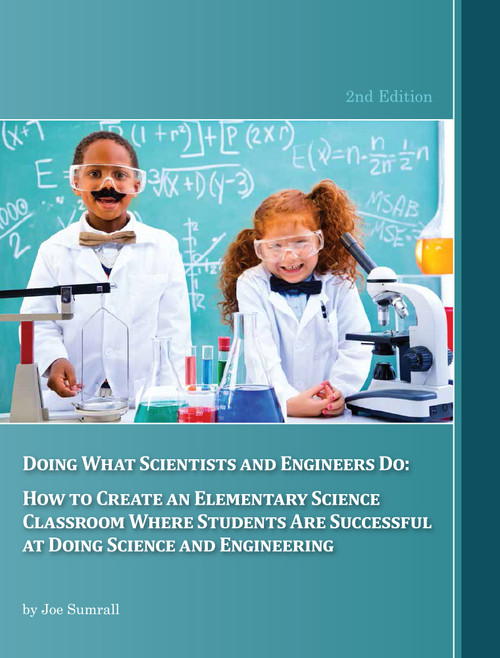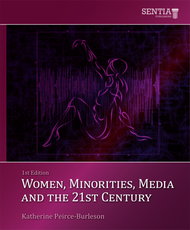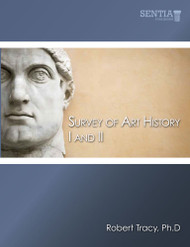Find & Buy Your Book
Find & Buy Your Book
- Home
- Science and Engineering
- Science in the Elementary School, 2nd Edition (William J. Sumrall) - eBook
Science in the Elementary School, 2nd Edition (William J. Sumrall) - eBook
Product Description
Author: William J. Sumrall
About The Author
Dr. Joe Sumrall was a former middle and high school science teacher in the state of Florida. He currently teaches science education at the University of Mississippi and previously taught science education at Mississippi State, McNeese State, and Northeastern Illinois Universities. He holds undergraduate degrees from the University of Mississippi and graduate degrees from the University of Southern Mississippi. He has been an active member in both the Mississippi Science Teachers Association and the National Science Teachers Association through various committee activities and service on the MSTA Board of Directors. He has previously served as the Mississippi State Science and Engineering Fair Director as well as being a science fair judge at multiple levels. He is currently the state coordinator for E-Cybermission sponsored by NSTA and the U.S. Army. As a science educator he has presented papers and workshops at both MSTA and NSTA for over 20 years. Furthermore, he has authored and co-authored twenty-nine curriculum based articles in NSTA journals Science and Children, Science Scope, and The Science Teacher.
About The Book
Doing What Scientists and Engineers Do: How to Create an Elementary Science Classroom Where Students Are Successful at Doing Science and Engineering.
This is an e-book that actively involves pre-service teaching candidates in thinking like and doing what scientists and engineers do in the work place. Modeling the practices of scientists and engineers is built within the frameworks of developing the skills necessary to do science. The importance of observing, classifying, measuring and experimenting as scientists do are the driving forces behind what is modeled by teaching candidates within the first four book sections. How science works in relation to mathematics, engineering and technology is explained through problem based learning and quality control related experiences in sections four and five. The last section is devoted to other ways that science and engineering evolve and impact society on a global basis. Questions related to classroom management and assessment in science is addressed throughout the book.
 Loading... Please wait...
Loading... Please wait... 







